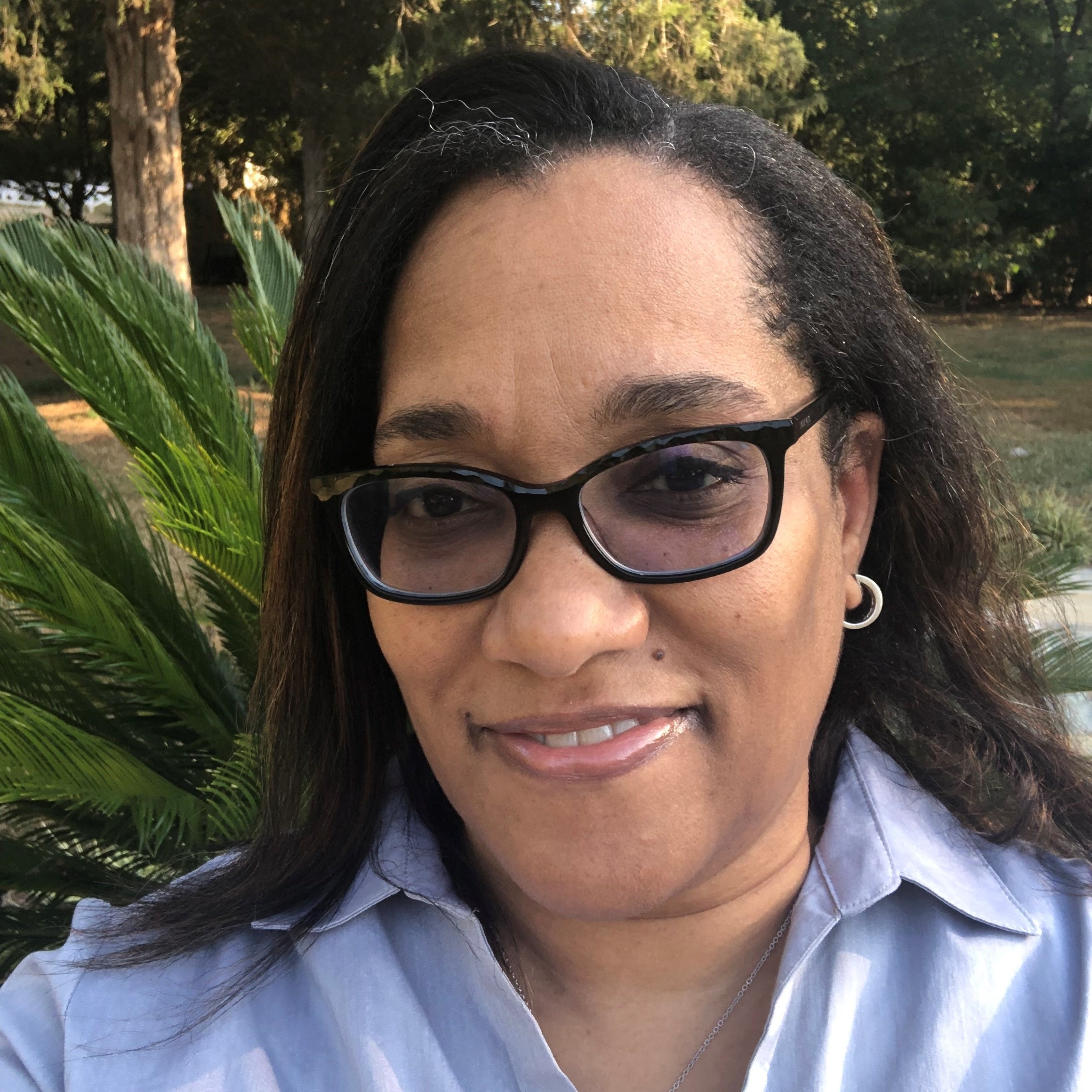Employee Spotlight
October 12, 2023
Viola White-Douglas

Regional Coordinator
Supportive Services for Veteran Families (SSVF)
Q: How long have you worked for VA?
A: Eighteen years. I started in 2005 in a Substance Use Disorder (SUD)/Health Care for Homeless Veterans (HCHV) outreach position.
Q: What led you to your position at VA?
A: I moved with my spouse and children from the New York City area to South Carolina after graduating with my Master of Social Work. I have family members who served our nation, which inspired me to apply to a position assisting with decreasing mental health clinic wait times. I loved the mission and servitude. I drove 67 miles each way to and from the VA medical center for that role, and I applied to a permanent position a few months later when one became available.
Q: What did you do before coming to VA?
A: I worked at a foster care agency serving New York City and Westchester County, New York. My official title was Trainer/Homefinder. I facilitated trainings, criminal assessments, state child abuse clearances, and home study assessments on all household members residing in the homes of families interested in caring for children in foster or adoptive care. We then made certification and re-certification recommendations.
Prior to that, I was a program coordinator at a community college in the Community Services Division. We had various grant-funded programs targeting those with low income, limited English, and employment barriers.
Q: What is Supportive Services for Veteran Families (SSVF) and how does it help end Veteran homelessness?
A: SSVF is another available service option for Veterans facing literal homelessness along the pathway to permanent housing stability. Homeless programs offer various options to Veterans and their families, and SSVF helps us assist with the desired and most appropriate path to end their homelessness and trend toward long-term permanent housing stability.
Not only does SSVF provide permanent housing, but with its nuances, it can wedge between those permanent housing building blocks. SSVF has a wide array of services. One of them is Shallow Subsidy, which provides case management and rental assistance for up to 24 months. This provides households with additional stability as they work on their long-term goals of increasing income or getting off waitlists for income-based housing.
SSVF can also provide short-term interventions, that help Veterans make seemingly unattainable goals more tangible, providing small wins and building hope. SSVF can help with things such as security deposits, mattresses for household members, cleaning supplies, tenancy screening reports, and more.
Q: What’s the most rewarding part about being a Regional Coordinator?
A: Understanding the balance between the regulatory limitations and program flexibilities. I enjoy helping grantees to conceptualize how this is helpful for their specific grant budget and the service needs of their community, and when to utilize their case management services while referring to other community resources.
Q: What do most people get wrong about homelessness?
A: It’s not a single thing, or even a couple of things. Homelessness is riddled with societal inequity. I think the thing people get wrong most often is that it's “not their issue.”
It’s our entire society’s issue, grounded in economic barriers – which includes race, education, financial and employment skills, and access to affordable and safe housing. It’s about a lack of familial and social supports.
The symptoms may present as poor self-care, mental health, or physical health, but it’s much deeper and larger than that. There's many different pieces and parts.
Q: What’s your why for the work you do?
A: Veterans all served. They raised their hands and swore to protect our freedoms. I feel like this is the least that we can do, or that I can do.
















